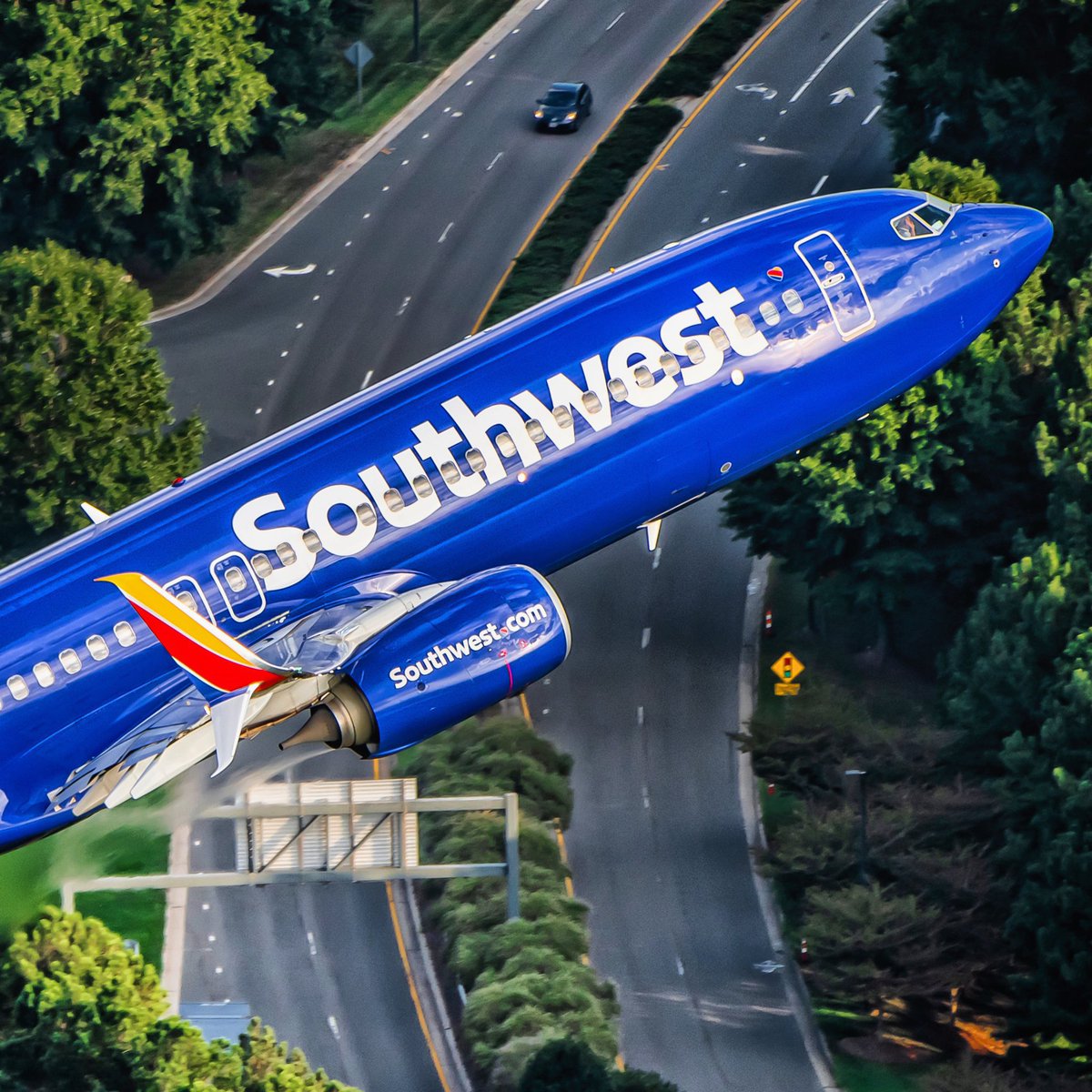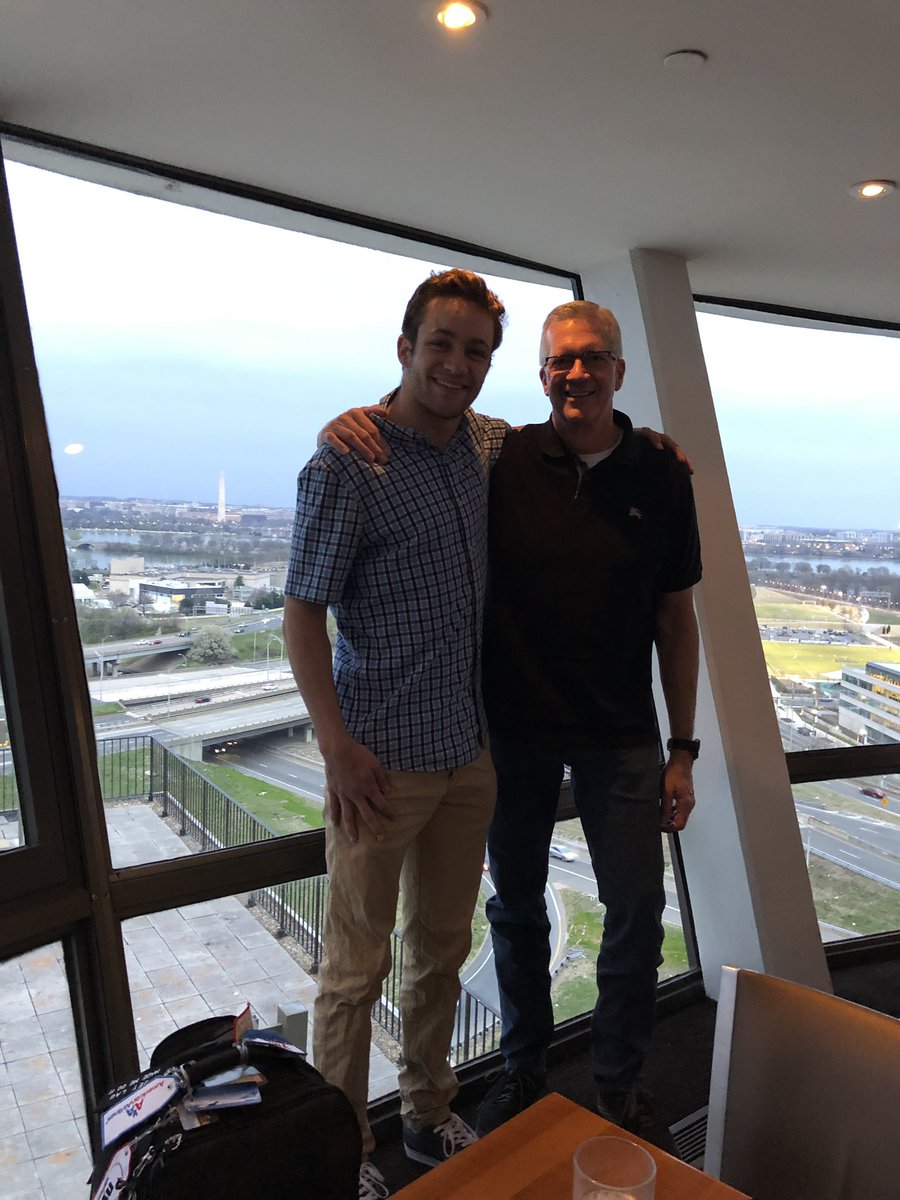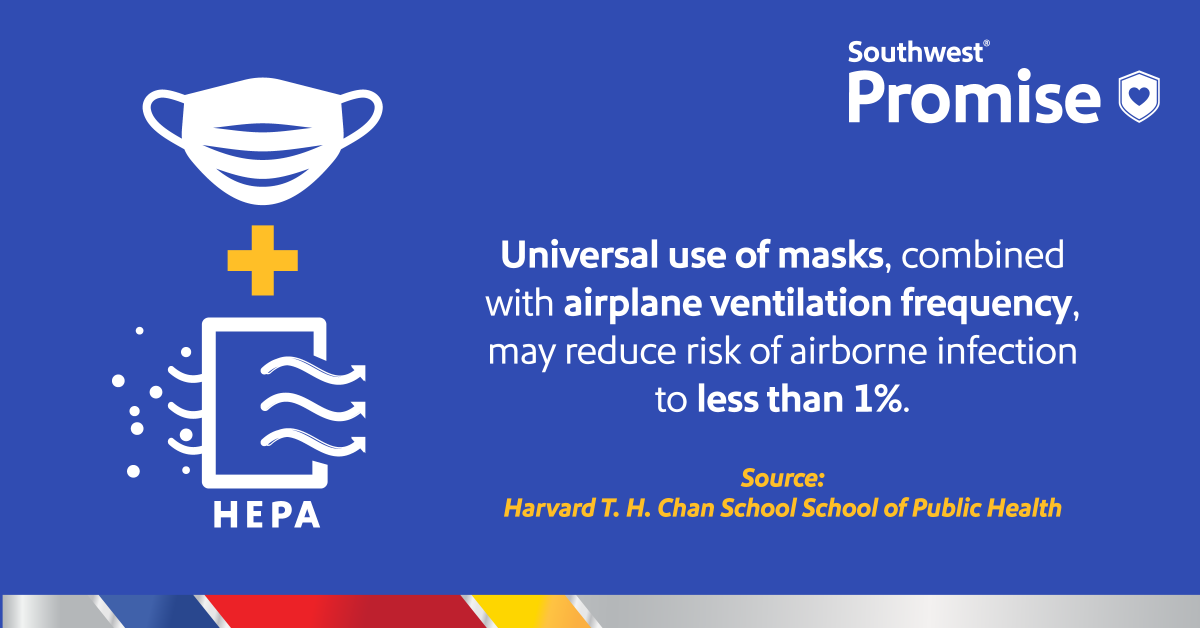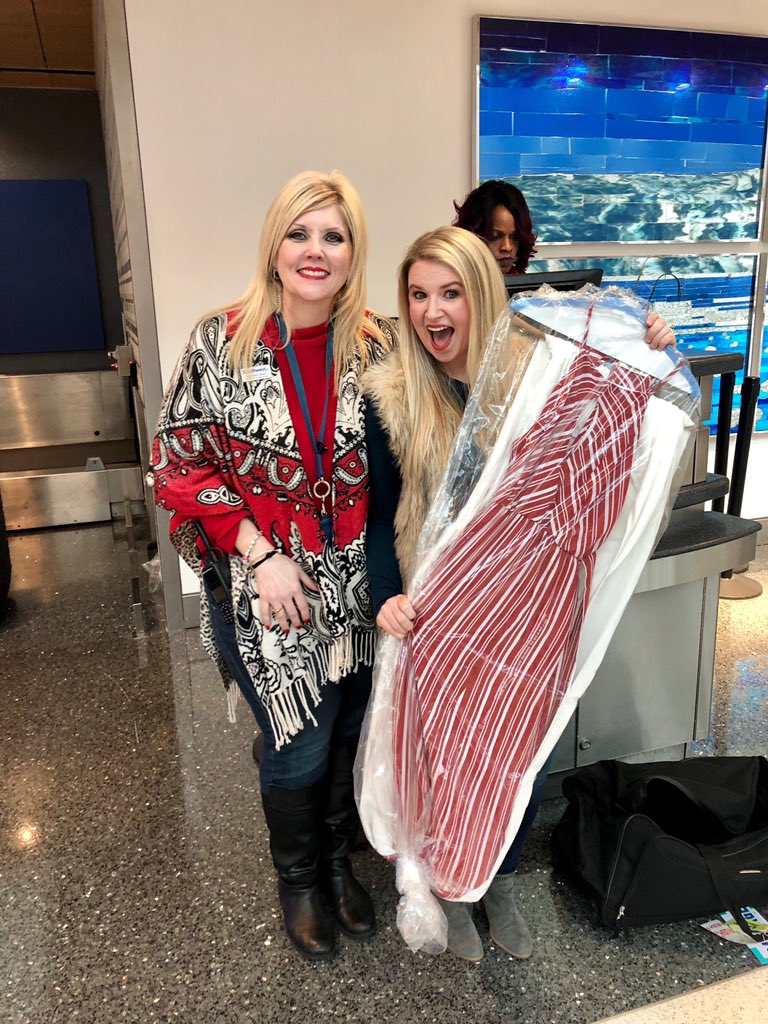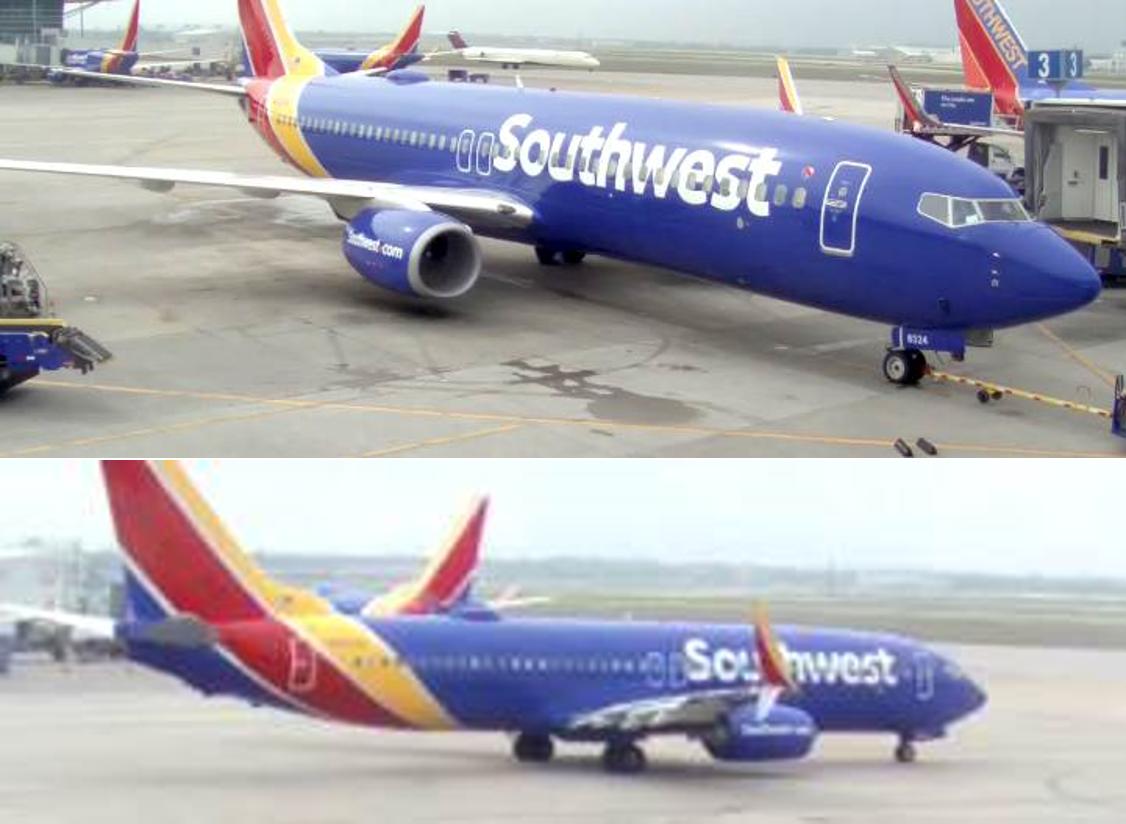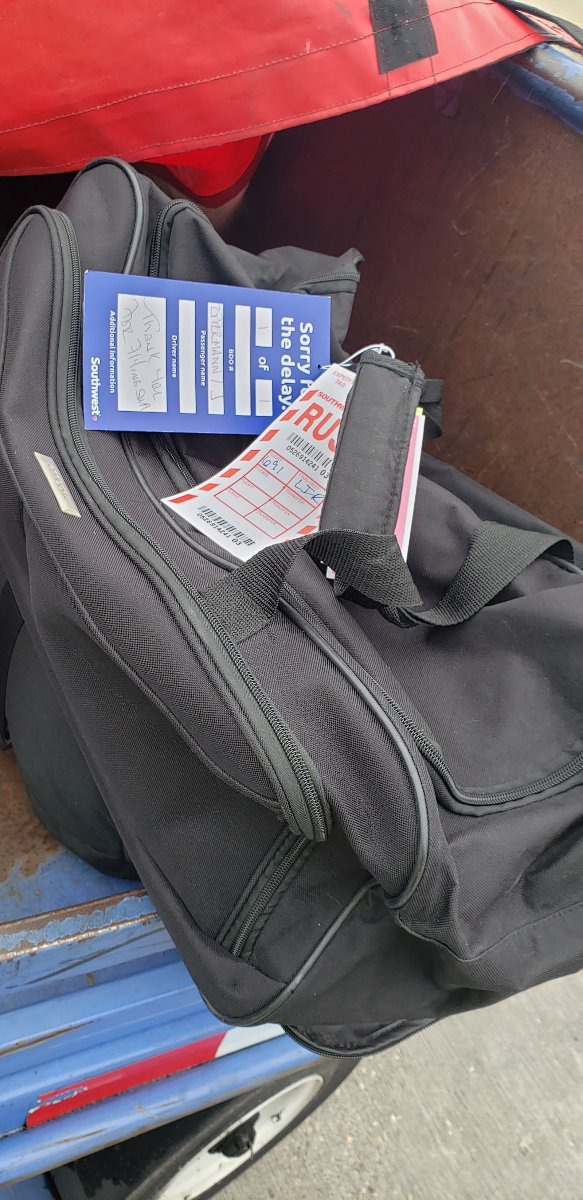
Q: Want to know what we’re doing to show Heart for our #OnlyOneEarth? #WorldEnvironmentDay🧵
A: We’re investing in exciting technology designed to create Sustainable Aviation Fuel originating from agricultural waste, and inviting Customers to contribute to the purchase of offsets from carbon avoidance projects every time they fly.
Q: What are carbon avoidance projects?
A: In partnership with CHOOOSE™, we currently support three projects in Guatemala, Alaska, and Costa Rica that avoid carbon emissions from being emitted into the atmosphere.
Q: How can I get involved?
Customers can contribute toward the purchase of offsets generated by these projects for Southwest every time they fly. Customers who participate can earn 10 Rapid Rewards® bonus points per dollar, up to a maximum of 500 Rapid Rewards bonus points per month.
And, for every dollar contributed toward offsetting Southwest’s carbon emissions, we will contribute a dollar to the purchase of additional offsets! Learn more: swa.is/WannaOffset Carbon #WorldEnvironmentDay
• • •
Missing some Tweet in this thread? You can try to
force a refresh


